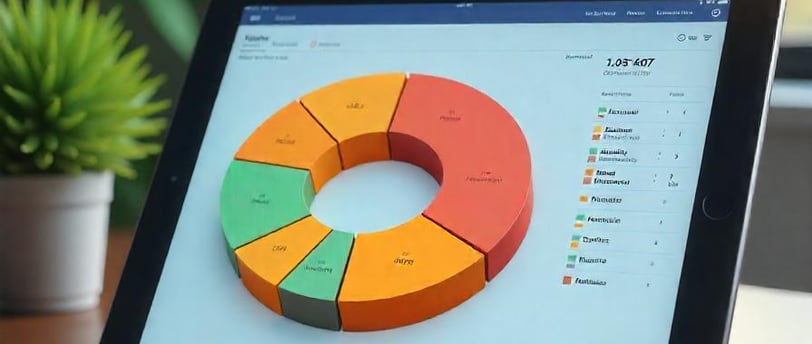What is grey market
The grey stock market refers to the trading of stocks that are not listed on formal or regulated stock exchanges but are bought and sold in unofficial or private markets.
LANDING PAGE
12/31/20243 min read


Grey Market:-
The grey stock market also known as the unofficial stock market refers to the trading of stocks that are not listed on formal or regulated stock exchanges but are bought and sold in unofficial or private markets. It typically involves stocks that are about to be listed or have been recently listed on an exchange, and there is speculation or early trading before the formal listing or public offering.
Pre-IPO Trading:-
The grey market often involves the trading of shares before they are officially listed on a stock exchange in the form of Initial Public Offerings (IPOs). For example, if a company is planning to go public through an IPO, its shares may start to be traded in the grey market before the official listing. This is often referred to as the "grey market premium" or "grey market discount", depending on the demand for the stock.
In this case, investors buy and sell shares based on expectations of the IPO's pricing and future performance. This creates a "grey market price," which can differ from the official offering price once the stock is listed on the exchange.
Private or Unofficial Transactions:-
Shares in the grey market can also be bought and sold through private deals or over the counter (OTC) transactions. These trades are not subject to the same regulations as those conducted on a public exchange, and the prices may be more volatile or speculative.
Often, such transactions occur between institutional investors, brokers, or individuals who have access to shares not yet available to the general public.
Speculation and Arbitrage:-
The grey stock market is often a venue for speculation, where traders bet on the performance of stocks before they officially hit the market. For instance, if an IPO is highly anticipated, the grey market price may be higher than the expected listing price.
Some traders also engage in arbitrage, trying to take advantage of price differences between the grey market and the official market once the stock is listed.
Risks and Lack of Regulation:-
Since the grey market operates outside of regulated exchanges, it is riskier for investors. There is less transparency, limited liquidity, and no investor protection compared to trading on a formal exchange.
The lack of regulation can lead to price manipulation or fraudulent activity, and investors may not have the same legal recourse if issues arise.
Additionally, because grey market stocks aren't officially listed or recognized, there may be difficulties in settling transactions, and buyers may not always receive the shares they expect.
Common Examples:-
IPO Grey Market: Before an IPO officially hits the market, some investors might trade shares in the grey market, especially for high-profile IPOs (e.g., tech companies or startups with high demand).
Unlisted Stocks: Sometimes, stocks of companies that are not listed on any exchange might be traded privately in the grey market. This is common for smaller or start-up companies that are not yet big enough to list publicly but have shares that can be traded in informal networks.
Example of Grey Market Trading:-
If a company called "XYZ Tech" is preparing for an IPO, and the public offering is set for next month at a price of $20 per share, there could be a grey market where the same shares are traded at $22 or $18, based on the expected demand. Traders who participate in the grey market are speculating on how the stock will perform once it officially lists on the exchange.
If XYZ Tech is a highly anticipated IPO, the grey market price might be higher due to demand. After the stock is officially listed, its market price could rise or fall based on actual trading conditions.
Conclusion:-
The grey stock market is an informal and unregulated space where stocks are traded either before or after their official listing, typically in the form of pre-IPO trades, private transactions, or speculative trading. It offers opportunities for profit but also comes with heightened risks due to its lack of regulation and transparency.

If you have any query send us.
